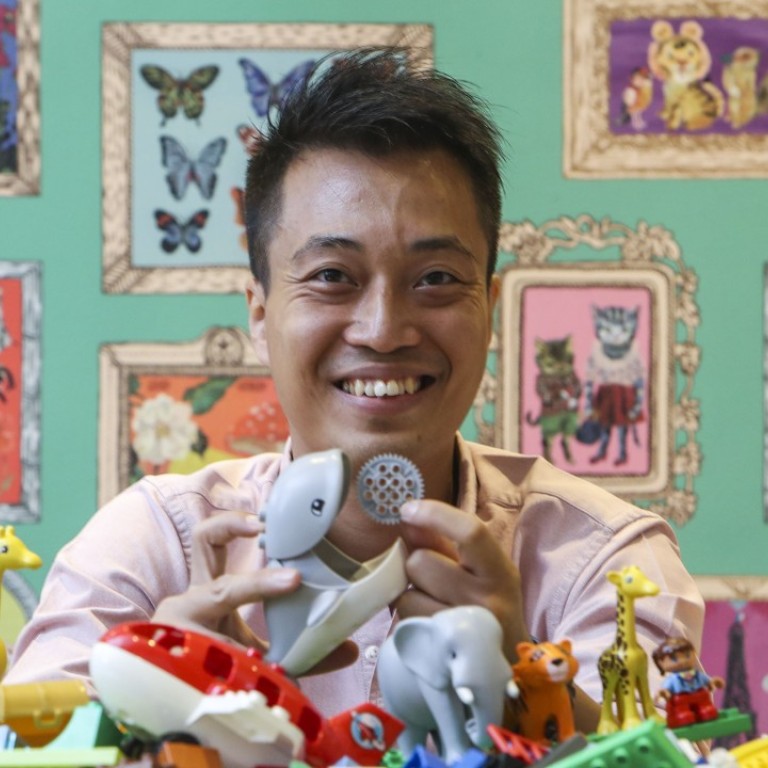
A third of Hong Kong children have special educational needs – and the city is failing them
- Lack of understanding and opportunities confines these children to a future of low-level jobs
- Government has pledged to do more to integrate them into education system, but experts fear it will not be enough
As a primary school student, Jason Li Mau-wah could not keep still while his classmates sat and listened attentively in class.
He would entertain himself at the back of the classroom by playing, moving around and drawing on the floor.
“My teachers had given up on me,” says Li, now 36.
When he was eight, Li was diagnosed with attention deficit hyperactivity disorder (ADHD).
An audit report published earlier this year showed that one in three pupils in Hong Kong aged eight or older were identified as having special educational needs (SEN) for the first time in the previous school year.
Inclusive classroom must embrace children with special education needs
But many children with learning difficulties or similar developmental disorders are unable to get access to early intervention due to a shortage in support services, leading to very limited career prospects for them later in life.
There is also a lack of occupation guidance and training, leaving them with unstable jobs and incomes. Many of them inevitably end up with low-level jobs, such as working as floor staff in restaurants or as handlers at storage facilities, due to the lack of employment opportunities that take their needs into consideration.

In light of this situation, the government has spent more than HK$1.4 billion (US$178 million) on integrated education in the last school year, in an attempt to bring SEN children into the mainstream teaching system.
As of September 2017, some 42,000 SEN students are in mainstream classrooms, and another 7,896 are enrolled in 62 special schools.
But lawmakers and social workers have raised concerns that they may have missed the best time to be given support.
In addition to signing him up for ADHD therapy at a public clinic, Li’s mother put him in church in the hope he might make friends.
“I didn’t like it. I didn’t understand what made the other kids so happy,” he says. “My mom told me the doctors said there was something wrong with my brain, and that even if they found out exactly what the condition was, they wouldn’t be able to do much about it.”

When we were working in groups, I would flat-out reject my classmates’ opinions if I thought they were wrong
He stopped receiving therapy for ADHD after his doctor determined that he could function nearly as well as other children his age. But Li says he still struggled with learning and social interactions.
“When we were working in groups, I would flat-out reject my classmates’ opinions if I thought they were wrong,” Li admits. “I didn’t think it was necessary to see things from their perspective.”
Li says he looked and behaved differently, preferring to wear the same clothes over and over again rather than making an effort to dress himself, and steering clear of discussions on video games and football – conversations he thought “meaningless”.
At 33, he sought professional help and was diagnosed with Asperger’s syndrome – a developmental disorder that displays symptoms such as lacking empathy and speaking in a very blunt manner.
That meant Li was long past the best opportunity for treatment.
“Plenty of research has shown that if children start treatment while they’re in kindergarten, it’s a lot more effective than starting treatment in primary school, or even secondary school,” says social worker Cheung Chi-wai, who is in charge of the Youth Employment Network at the non-profit Hong Kong Federation of Youth Groups.
Cheung stresses that early detection is an important first step in helping SEN students overcome learning difficulties.
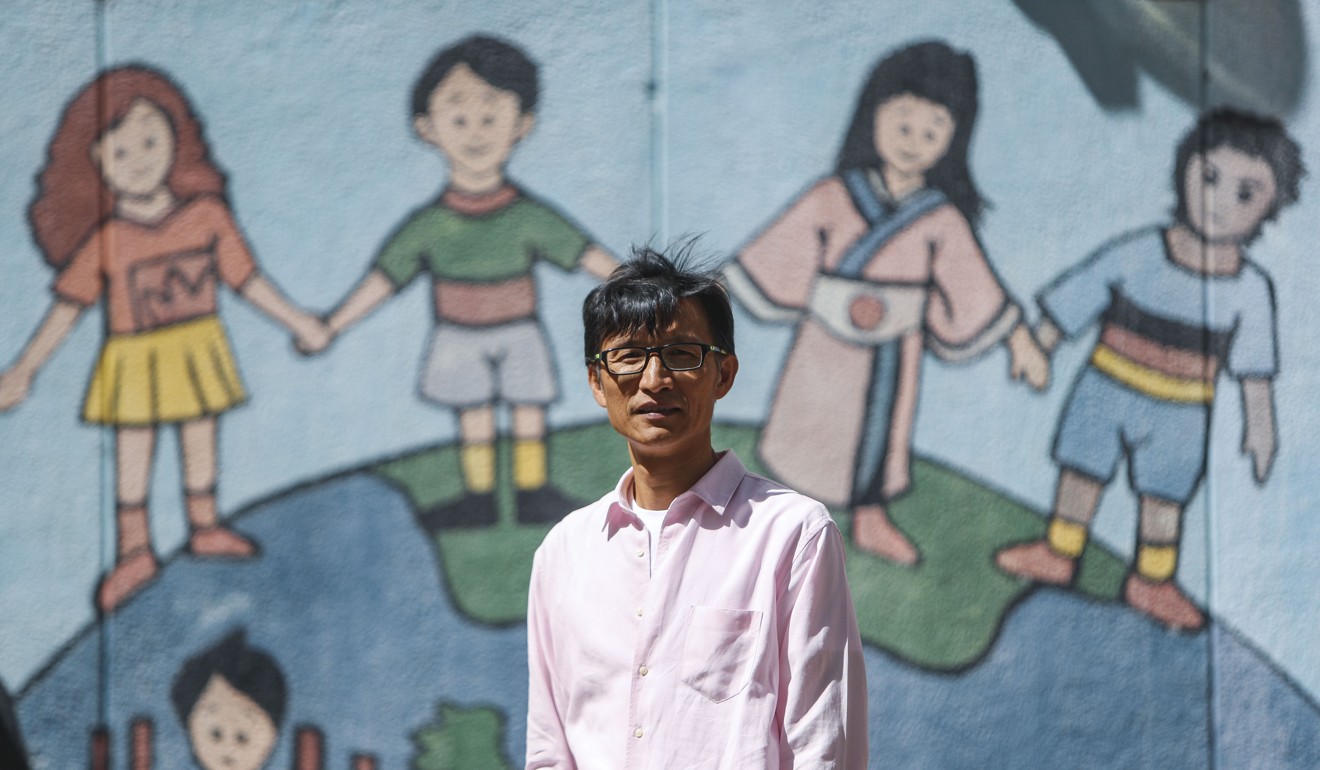
BRIDGING GAPS
“Don’t even ask,” Li says with a laugh when asked how many jobs he has had.
Since he first joined the workforce at 24, Li has worked in marketing, research, telecommunications and education. He attributes his inability to hold a down a job to his poor social skills.
“I would bypass my supervisors and share my ideas directly with management,” Li says.
“I don’t know how to read between the lines. I don’t get office banter. I don’t know how to butter people up.”
I don’t know how to read between the lines. I don’t get office banter. I don’t know how to butter people up
Li tried to emulate his colleagues’ behaviour, but to no avail. He recalls going on a junk trip because he knew he needed to attend social gatherings: “Physically, I was there, but the whole time I was feeling very uncomfortable and distant from the rest of the party.”
Finding and keeping a job can be challenging for many SEN students, who may struggle with expressing themselves, processing information and remembering tasks, or – like Li – fitting in.
Many SEN children grow up to find that only lower-level jobs are open to them due to a lack of understanding towards their conditions.
Dr Sandra Tsang Kit-man, associate professor at the department of social work and social administration at the University of Hong Kong (HKU), suggests policymakers look beyond career planning to put a stop to this vicious circle.
“There’s nothing to plan if you’re just going to be cleaning up in cafes and fast-food restaurants. We should instead target the employers and develop more diverse job opportunities for SEN children”, she says.
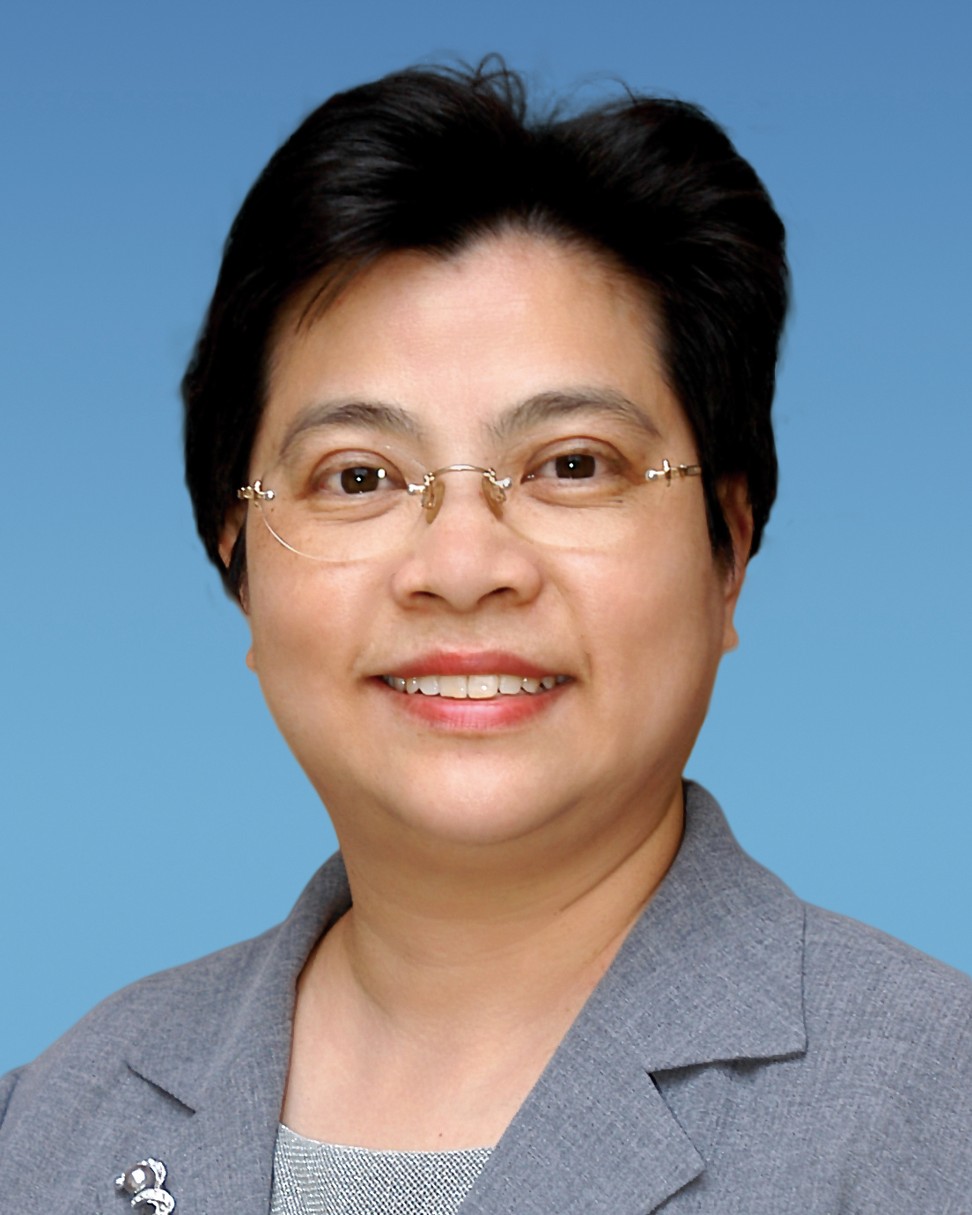
Cheung believes these challenges can be tackled early on in secondary school through customised career guidance. He says this is often undermined at secondary schools as school leaders tend to focus on students’ academic performance.
Small groups allow SEN students to be more interactive and find similar experiences within the group
Starting career planning early, he says, is especially important for SEN students as it can help them and their parents manage their expectations of suitable job opportunities based on their individual characteristics. An effective way is through small-group and individual career counselling, as opposed to grade-wide career talks.
“Small groups allow SEN students to be more interactive and find similar experiences within the group. Having a more personalised career counselling experience also ensures SEN students can follow what’s happening,” Cheung says.
Eight years ago, the Youth Employment Network launched “Project Bridge” – a service that helps SEN students prepare for the workplace.
This came after Cheung and his colleagues observed that about half of young people who were involuntarily unemployed, even when the economy was doing well, had SEN. Cheung and his team concluded that the overemphasis on academic performance at schools was not doing much to help SEN students prepare for the future. Initially, the project served students who had already graduated, but that changed four years ago.
Hong Kong special needs students let down by education system

“We realised that by helping SEN students plan for their careers much earlier – as early as secondary three – we were able to engage them on a deeper level and create a more effective framework upon which they could develop their careers,” Cheung explains.
Beneficiaries of the project undergo about 10 sessions of career planning, self-confidence courses, individual counselling, and workplace visits, depending on what their schools have signed up for.
Lack of support for children with learning difficulties in Hong Kong, report finds
Cheung says he hopes to see a change in the way schools divide their time between drilling for exams and providing career guidance.
“The overemphasis on academic performance can hurt the comprehensive development of secondary school students – not just SEN students, but all students.
“Introducing more life and career planning activities will require more resources, but if it helps students consolidate what they want to do with their lives, it’s going to be worth it.”
BUILDING SUCCESS
For Li, the turning point came in 2013 when he became a Lego educator.
“That’s when I learned to build Lego structures as a way of re-enacting and logically piecing together social interactions and scenarios I couldn’t figure out,” Li says. “I still commit errors in social interactions, and I am still slow to empathise, but at least people don’t hate me so much.”
He left in 2015 to establish his own company, Minds On, which helps SEN children and other students to explore their unique learning needs, review and understand those needs, and find solutions.
I still commit errors in social interactions and I am still slow to empathise, but at least people don’t hate me so much
To help them achieve these goals, Minds On organises Lego building workshops at schools around Hong Kong. During these workshops, children, and sometimes parents, are presented with different scenarios and asked to build Lego structures based on their interpretations of these scenarios. The process is a meditation on the participant’s experiences and way of thinking.
Looking back at the time when he was a student, Li says he overcame his failing grades by learning his textbooks by heart, painstakingly memorising every conjunction and preposition in every sentence.
It was not until university that Li stumbled upon academic journals and realised education was about more than rote learning.
“I loved reading articles and analysing the work the authors put into writing them,” Li says. “Analysing the framework of these articles helped me organise my own ideas and present them effectively.”
Li is director of curriculum development at Minds On, working with five like-minded team members, some of whom were gifted children.
“We don’t beat around the bush. We trust each other enough to be able to put our feelings aside and focus on the task at hand. It’s not about the money – but proving what we’re able to do for others like us.”
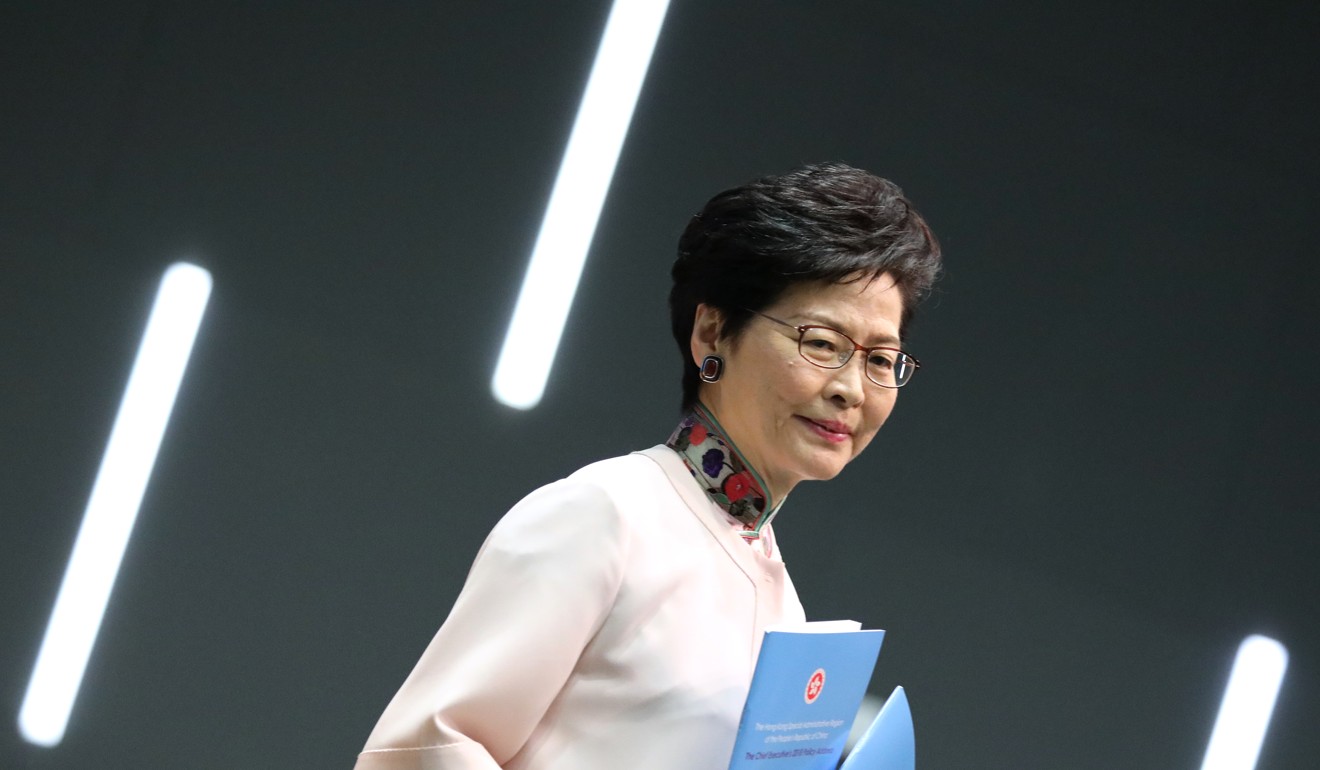
In Hong Kong, only about one-fifth of the 381 primary and secondary schools that applied for enhanced school-based educational psychology service have been successful in their applications. More than 90 per cent of all public schools are lacking the enhanced service. Ten per cent of those schools each had more than 80 students with SEN.
In her policy address, Chief Executive Carrie Lam Cheng Yuet-ngor pledged an additional HK$800 million each year to introduce new support measures for SEN students.
Lam proposed to extend the enhanced school-based educational psychology service. It would ensure that by the 2023/24 school year, there would be one psychologist shared among every four schools for 60 per cent of all public primary and secondary schools.
Schools ‘waiting too long to identify special needs pupils’
But Tsang, from HKU, says that even if the government meets the new target ratio, it still would not be enough.
“Are all four schools going to have a high SEN demand? Or will there be a mix of high and low demand? The distribution of schools is something the government will have to consider as well,” she says.
The city currently has one educational psychologist serving six to 10 public schools. According to Tsang, because there are so few of them, educational psychologists spend most of their time running assessments on children.
“They don’t even have the time to write reports to follow up on these assessments, which means the kids have to wait months to be given recommendations on the way forward.”
“Many educational psychologists would rather work for NGOs, where they can get more exposure through taking part in research projects and seminars – instead of just running assessments,” Tsang explains.
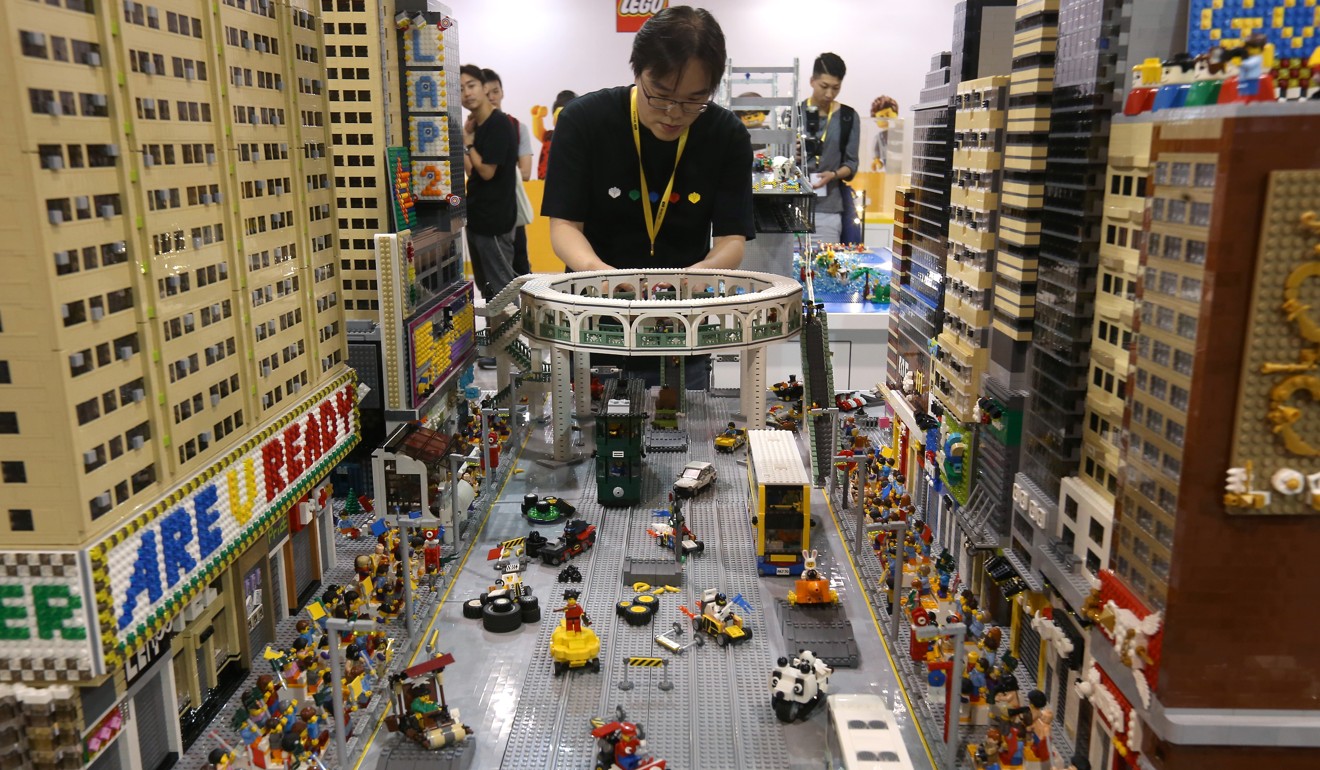
Also on Lam’s agenda is creating therapist posts in public schools – specifically, speech therapist posts – to help students with speech and language impairment, a move that Tsang questions.
“Many children with SEN are actually great at speaking and might instead need more help with attention and behaviour,” she says. “In fact, speech therapy is often in greater demand among adults who have experienced strokes or accidents.”
Study highlights lack of support for parents of children with special needs
After years of struggling with social interactions, Li read up on the backgrounds of some academics who had Asperger’s syndrome to come up with a strategy of his own to overcome his disorder.
“Before I go to an event, I think of the people who will be there, what I’ll need to prepare, how I should present myself, what kind of impression I want to give people, how I should deal with people I’m not familiar with …
“I plan ahead to avoid doing something that will make people hate me,” Li says.
His strategy appears to have worked. For example, instead of directly pointing out flaws in colleagues’ suggestions, Li asks questions to encourage them to reflect on what they are missing.
He has also learned to become a good listener by condensing what his friends and colleagues say into a summary, which he then repeats back to them.
“They seem to like it, because it shows I’m listening,” he says.

